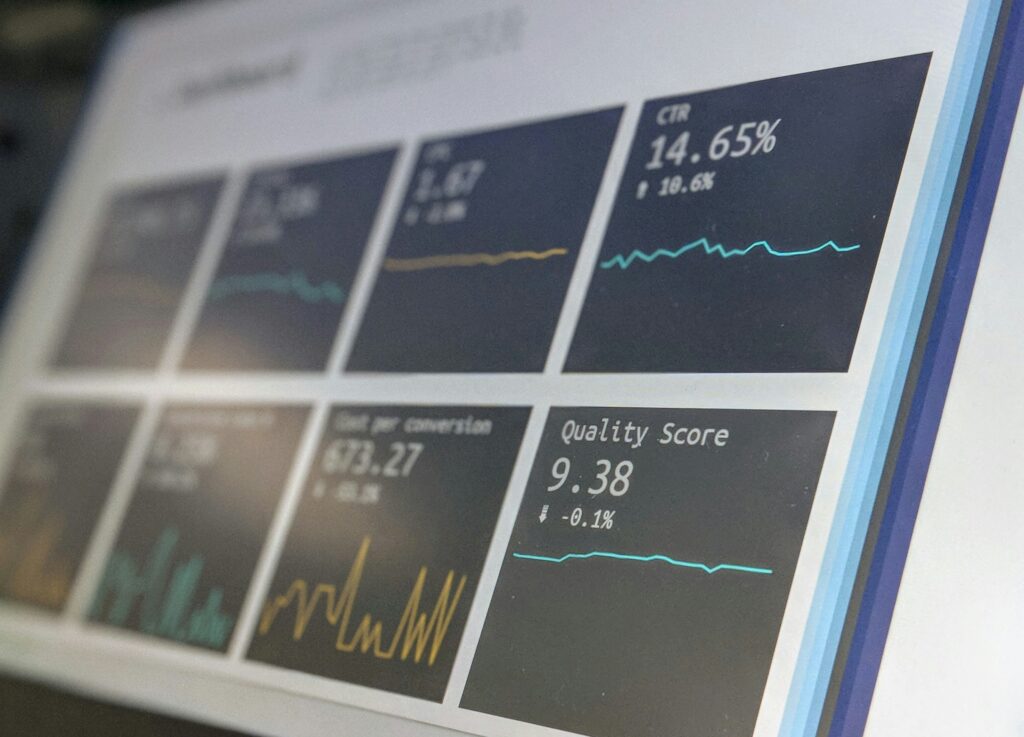Artificial Intelligence (AI) is reshaping industries worldwide, offering capabilities that businesses of all sizes can harness. While some see AI as a tech trend, it’s rapidly proving to be a critical investment that drives growth, efficiency, and competitiveness.
In Atomicwork’s State of AI in IT 2024 Report, 65% of respondents said their organizations had started investing in AI for IT, while 75% of end-users stated that they’re already using free AI tools like ChatGPT for their work.
In this blog, we’ll explore the benefits of AI for business and how businesses can strategically leverage AI to achieve a competitive edge.
Topic Breakdown
The Benefits of AI for Businesses
Let’s explore how investing in AI can drive efficiency and growth. The benefits of AI for business are unfolding in today’s markets, and it’s something that you can’t afford to overlook.
Automate Time-Intensive Processes
Implementing AI can handle repetitive tasks, from customer inquiries to data analysis. Automation not only enhances productivity but also allows teams to focus on strategic initiatives. This is particularly beneficial for small to medium-sized enterprises looking to do more with limited resources.
Enhance Customer Experience
AI enhances customer service by enabling 24/7 support through chatbots, personalising experiences, and predicting customer needs. AI in customer service isn’t just for major corporations; small businesses can also gain from AI tools to improve engagement and loyalty.

Drive Data-Driven Decision Making
This is perhaps one of the most important benefits of AI for business. Data holds enormous value, but extracting insights is time-consuming. AI-powered analytics process vast amounts of data to identify trends, patterns, and opportunities. By investing in AI, businesses can make informed, strategic decisions backed by real-time data.
Why Invest Now? The Future of AI in Business
As AI technology continues to advance, early adopters can gain a competitive advantage. AI is no longer a ‘nice-to-have’; it’s becoming a business essential. Companies that invest in AI today are better positioned to adapt to future market demands, leverage automation, and maximise their ROI.
The ROI of AI Technology
Investing in AI isn’t just about the initial costs; it’s about the potential return on investment (ROI). For example, a recent report suggests that companies implementing AI could see a 30-50% increase in productivity within the first year. Calculating the ROI of AI investments in your business can highlight the long-term financial gains.
Practical Applications of AI for Small Businesses
Marketing and Sales Optimisation
AI helps analyse customer behaviour, enabling targeted marketing and personalised product recommendations that increase conversion rates.
Example Application: Sephora’s Virtual Artist
Sephora, a global cosmetics retailer, uses AI-powered facial recognition and augmented reality to help customers virtually try on makeup through their app. By personalising the shopping experience, Sephora increased user engagement and improved conversion rates. This level of personalisation, driven by AI, has inspired smaller businesses to adopt similar strategies to enhance customer satisfaction and drive sales.
Case Study: BaubleBar’s Email Personalisation
BaubleBar, a jewellery company, integrated AI to analyse customer purchase history, creating personalised email marketing campaigns. By determining optimal times and frequencies for sending emails, BaubleBar saw a significant increase in revenue per recipient. Small businesses can leverage similar AI-driven personalisation tools to optimise their sales and marketing efforts without extensive resources.

Inventory and Supply Chain Management
AI improves inventory forecasting by predicting demand trends, minimising wastage, and keeping stock levels optimal.
Example Application: HelloFresh’s AI Demand Forecasting
HelloFresh, the meal kit delivery service, uses AI to predict demand, preventing both shortages and overstock. By leveraging machine learning algorithms, HelloFresh can forecast supply needs based on various factors like seasonal demand and promotional activity. This has helped streamline their supply chain and reduce waste, serving as a model for smaller businesses seeking to optimise inventory management.
Case Study: Zara’s Smart Inventory System
Fashion retailer Zara has integrated AI-powered demand forecasting tools that analyse customer preferences and trends to adjust stock levels. For instance, AI helps Zara replenish stock in real-time, ensuring popular items remain available without excessive inventory. Smaller businesses can implement similar inventory management tools, such as inventory tracking software with AI, to stay efficient without incurring extra holding costs.
Fraud Detection and Security
For businesses handling sensitive information, AI is essential in detecting fraud and managing cybersecurity risks through real-time monitoring and anomaly detection.

Example Application: PayPal’s Fraud Detection System
PayPal uses advanced machine learning algorithms to detect and prevent fraudulent transactions. By identifying unusual patterns, PayPal reduces fraudulent activity by monitoring in real-time and blocking suspicious transactions. Although PayPal is a large player, there are many adaptable, cost-effective AI-powered fraud detection tools, like Stripe Radar, that smaller businesses can use for fraud prevention.
Case Study: Worldpay’s AI for Transaction Security
Worldpay, a global payment processing company, implemented AI models that analyse thousands of data points on every transaction. By detecting patterns associated with fraud, they reduced fraudulent transactions significantly. Smaller businesses in e-commerce, for example, can employ similar AI-based security software to detect anomalies, securing customer data and building trust.
How to Get Started with AI Development
Getting started with AI development requires understanding where AI can add value to your specific business. Partnering with an experienced AI development team can ensure that the technology aligns with your business goals. Consider starting with small, measurable applications to see quick wins and build confidence.
What is the ROI of investing in AI for my business?
AI investments have shown a 30-50% increase in productivity for companies within a year. The specific ROI varies depending on the application and industry but generally includes cost savings, improved efficiency, and revenue growth.
How can small businesses use AI?
Small businesses can leverage AI for customer service automation, personalised marketing, inventory management, and data analytics without requiring massive resources.
Is AI suitable for all types of businesses?
While every business can benefit from some level of AI, the extent and type of AI solutions may differ. A consultation with an AI expert can determine the best approach for each unique business model.
How quickly can I see results from AI investments?
Results can be seen within months for smaller applications like automation or data analytics, while more complex implementations may take longer but offer significant long-term gains.
Conclusion: Seize the Benefits of AI for Business
Investing in AI isn’t just about adopting new technology—it’s a commitment to future-proofing your business and staying competitive. From improving operations to enhancing customer engagement, AI provides opportunities to unlock growth potential and adapt to market trends. The benefits of AI for business are clear. Embracing AI is not just an option but a strategic imperative for sustained success in today’s dynamic market.
Ready to maximise the benefits of AI for business?